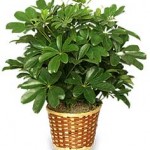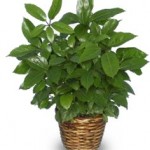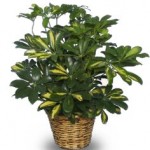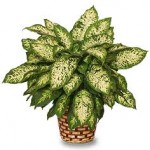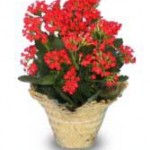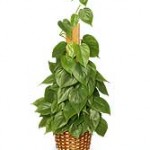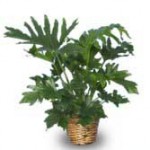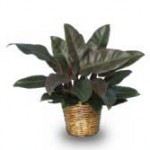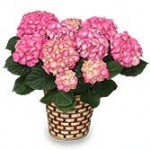Looking For Something Different But Still Comfortable?
Here’s Why I Recommend Cyclamen
You know how it goes. Sometimes you want to buy one thing over and over and over because it’s comfortable. It’s familiar. It’s safe. Then again sometimes you want to cycle through every option available until you find the thing that’s comfortable, familiar, safe. I’m that way with gift-giving and I know I’m not the only one. It’s not just limited to gift ideas though. I’m like that when I begin to decorate my home. Though not a big fan of change, I get bored easily and need to find something that I’ll like better. Something that suits the new me. Something comfortable, familiar and safe but different. After all, I don’t want things to change too much!
Reasons Why You Will Like Cyclamen
Reason #1 To Try Cyclamen: Cyclamen (Cyclamen persicum) is a beautiful blooming plant. The colorful blooms make it easy to enjoy. It adds a splash of color to the decor but is not busy or bold. It’s just…plain…pretty.
Reason #2 To Fall For Cyclamen: When you send cyclamen plants what you do not realize is that you might as well be sending perfumed petals because that’s what the recipient is getting. Cyclamen is a very fragrant plant when in bloom. It’s not an overwhelming scent so it’s ok to send to most people with sensitive olfactory senses (people that get sick around strong smells). If you want a fresher environment, call up your local florist or stop by and pick up Cyclamen plants for yourself. The fragrance is well worth it.
Reason #3 To Buy Cyclamen: This particular flowering plant is a mound forming plant which basically means that it grows in a neat little contained area. If you want a plant for your office or apartment, cyclamen is a great option because it is not overbearing. It’s not in-your-face and overwhelming. It’s the perfect size for decorating small spaces. It can also be grouped together or bought in larger sizes to decorate large spaces. It’s one of those can-do blooming plants that seems to satisfy every spacial requirement.
Reason #4 To Give Cyclamen A Chance: Cyclamen blooming plants are not hard to take care of. They’re about as easy as any other flowering plants which means keep them watered during growing season (mid-winter to spring), give them a fair amount of light, and keep the soil moist but well drained. Again, cyclamen plant care requires the same amount of attention as most other blooming houseplants. Whether sending cyclamen to a newbie or a seasoned houseplant expert, cyclamen is a good gift idea.


 Find Your
Find Your 
